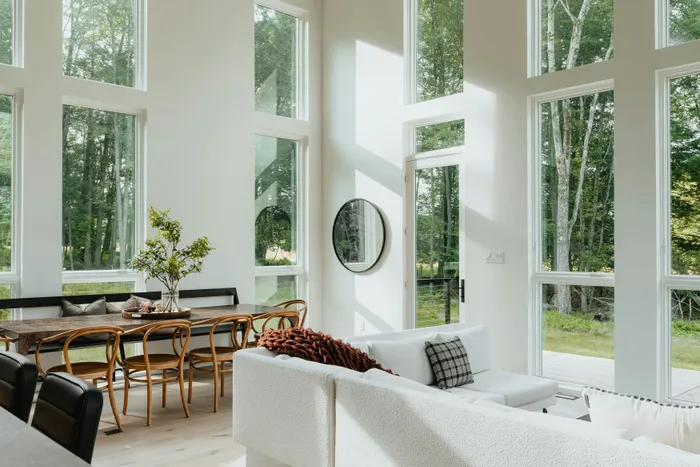
Homebuyers in Cape Town’s southern suburbs are being advised to think beyond their immediate needs when purchasing property and focus on how well a home can adapt to future life changes.
Image: Unsplash
Just because Cape Town is seeing a surge in property prices doesn't mean that buyers should swoop in without any regard to their future needs.
Homebuyers in Cape Town’s southern suburbs are being advised to think beyond their immediate needs when purchasing property and focus on how well a home can adapt to future life changes.
Arnold Maritz, co-principal of Lew Geffen Sotheby’s International Realty, said many buyers get caught up in wish lists that suit only their current lifestyle.
“Many buyers get caught up in wish lists that make them view properties through a very narrow lens – the lens of their immediate needs,” said Maritz.
“The perfect commute, the just-enough bedrooms, the cosy kitchen for now. It’s a snapshot in time. But life is a moving picture, and a home that can’t adapt with you quickly becomes a liability,” said Maritz.
Statistics South Africa’s May residential property prices index showed that the City of Cape Town dominated metro growth with an 8.1% annual increase.
This again confirmed the Mother City’s position as the country’s most resilient urban market.
Consumer inflation in the same month was 2.8%, providing some relief to buyers even as property prices continued to climb.
Maritz advocates “future-proofing” a purchase, assessing whether a property can accommodate different stages of life.
“The goal isn’t in a crystal ball, but in assessing whether a purchase will work not just for this chapter, but for the next three or four. You’re not just buying for the life you have; you’re investing in the lives you haven’t yet lived,” he said.
Cape Town’s Atlantic Seaboard saw over 120 homes above R20 million change hands in 2024, totalling R3.6 billion.
Properties above R2 million now account for 22% of home loans, with loans over R3 million representing 10%.
Foreign buyers are paying an average of R2.7 million for prime coastal and Winelands properties, well above the national average of R1.6 million.
Maritz suggested thinking in life phases, not just years. “Instead of asking, ‘can I see myself here for five years?’ ask, ‘could this house support me through a career shift, a new child, or an ageing parent moving in?...”
Homes with flexible layouts often prove the most successful long-term.
IOL Business